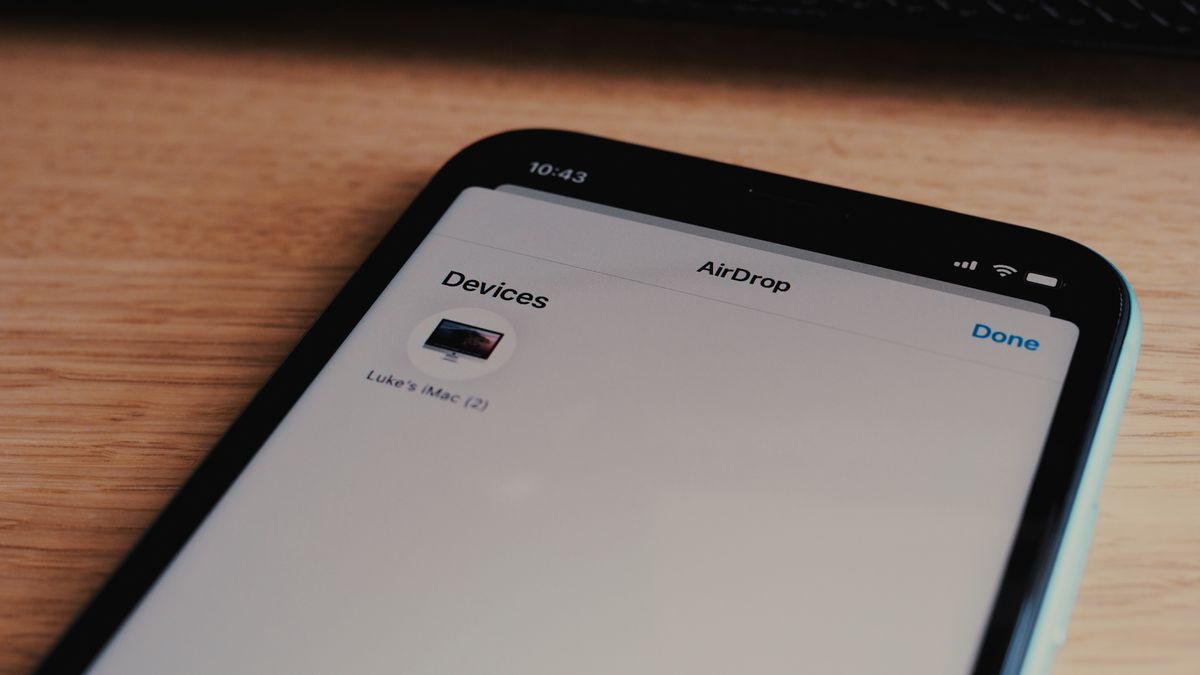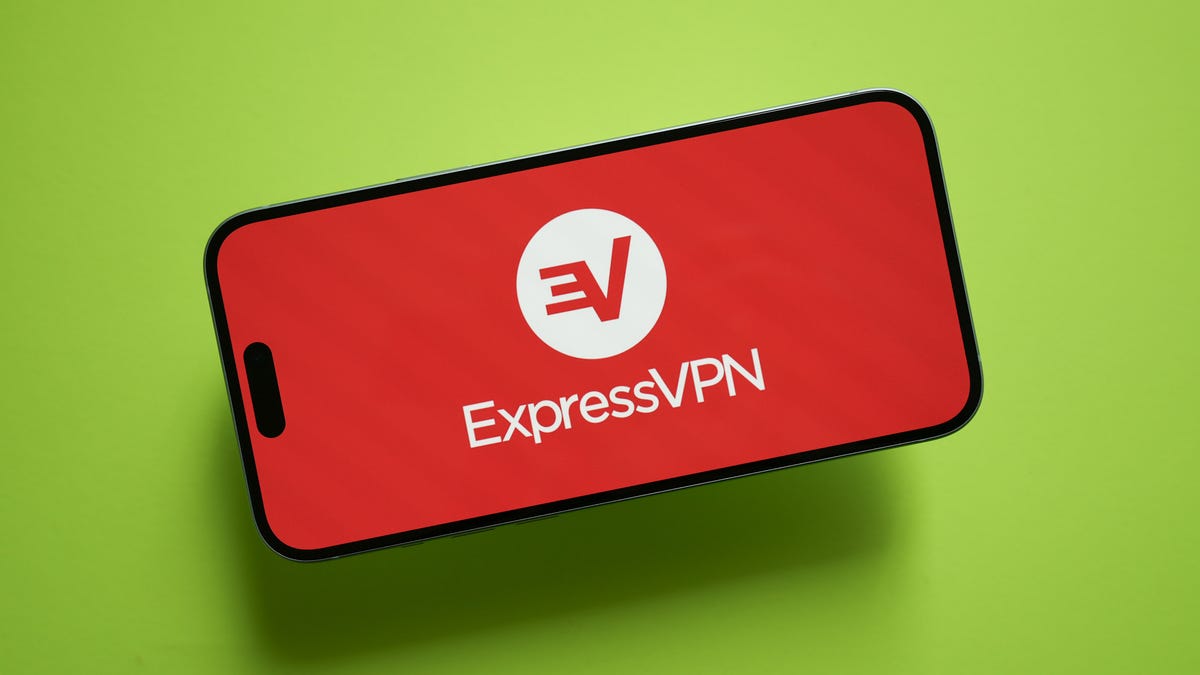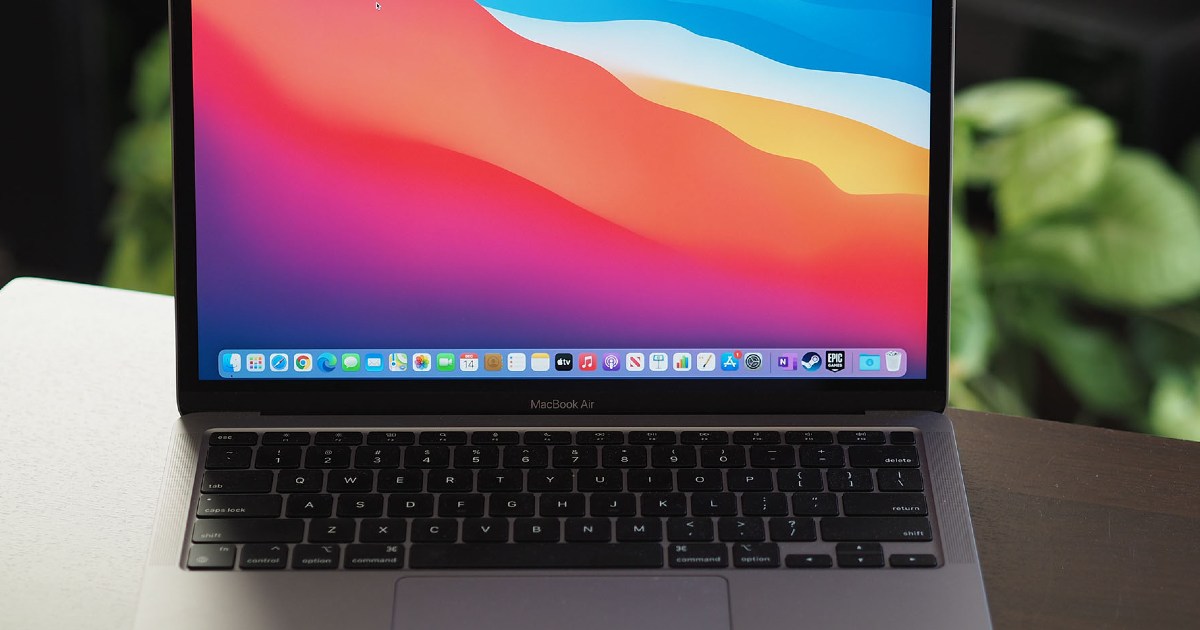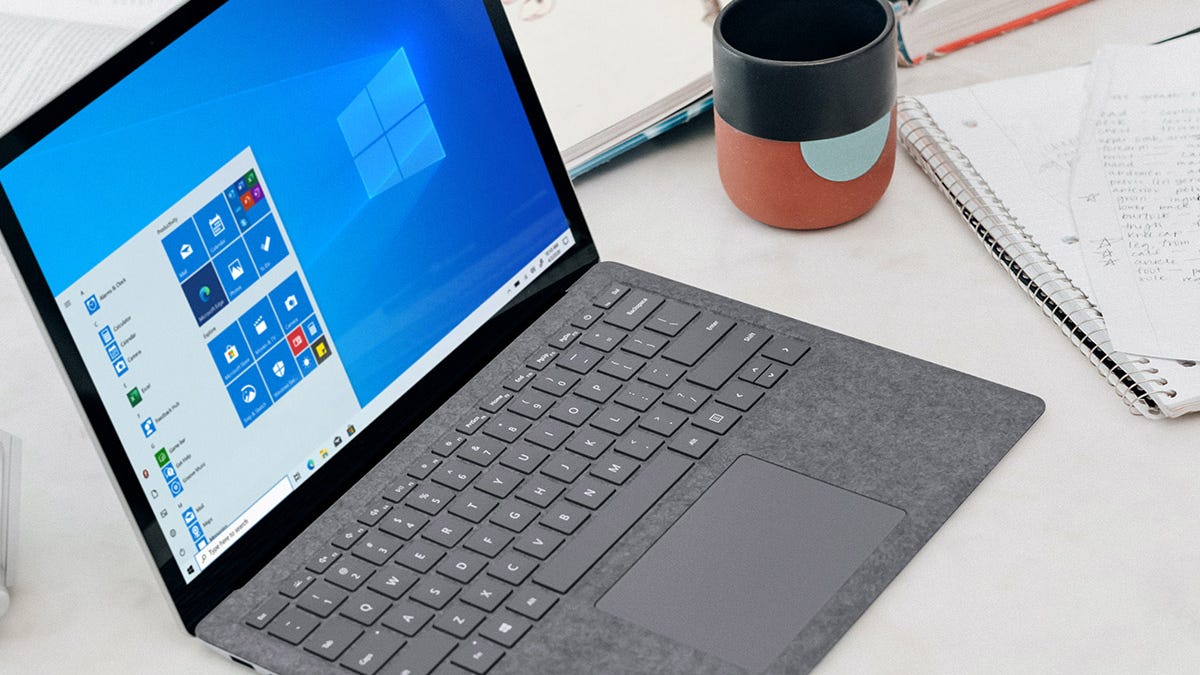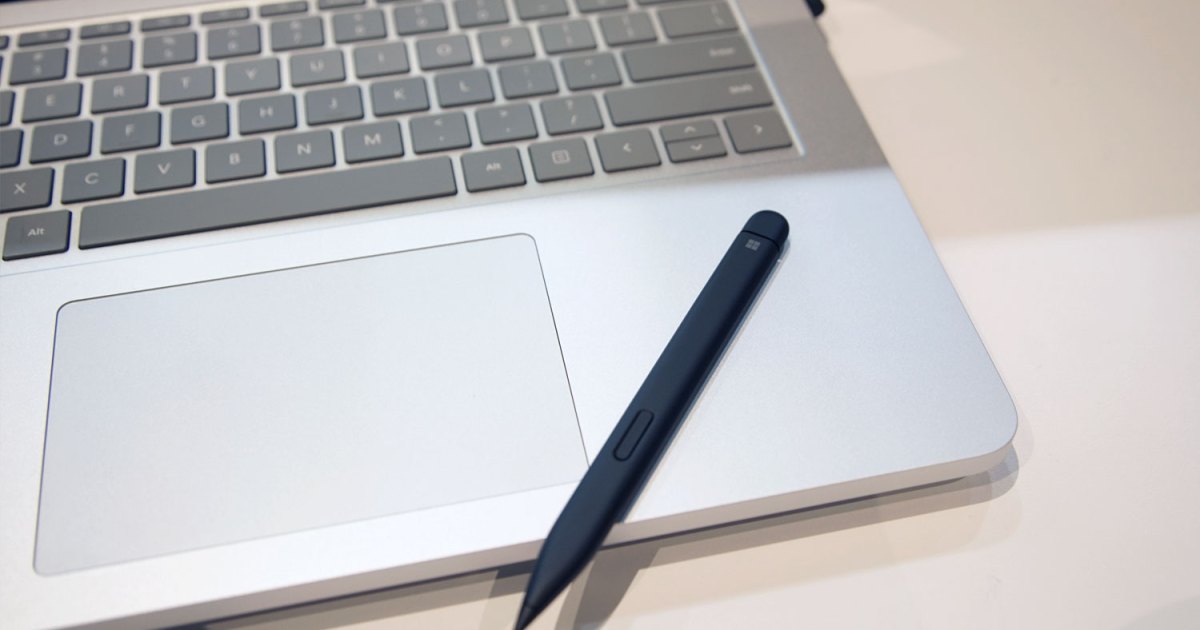
In a significant technological turnaround, Sensel, a company dedicated to evolving interaction technologies, has emerged as a pioneering force, challenging established norms in the laptop industry. Founded in 2013 by former employees of Amazon’s Lab 126, Sensel has shifted the paradigm with its innovative PressureGrid technology, aimed at enhancing the sensitivity and accuracy of touch interfaces.
Historically, Apple has dominated the multi-touch trackpad space, especially since the introduction of its haptic feedback trackpad in 2015. This technology, which simulates a physical click without moving parts, was exclusive to MacBooks due to proprietary rights. However, Sensel’s foray into this field has significantly altered the competitive landscape.
Sensel first gained attention with the Morph, a multi-touch, pressure-sensing accessory that redefined user interaction with digital devices. Following this, Sensel’s technology made its way into the ThinkPad X1 Titanium Yoga, marking the debut of the world’s first premium haptic touchpad on a Windows PC. The company’s collaboration with major brands like Microsoft, for its Surface Laptop Studio, highlights its growing influence.
The underlying technology that sets Sensel apart from its competitors involves a synergetic combination of touch sensing, force sensing, and haptic feedback. Unlike other companies that must cobble together solutions from various suppliers, leading to increased costs and subpar performance, Sensel integrates these three pillars seamlessly, creating a more intuitive and natural user experience.
Sensel’s technology is not just about improving trackpads; it’s also customizable. The company works closely with laptop manufacturers such as Lenovo and Dell to fine-tune touchpads to their specific requirements, handling everything from mechanical design to software integration. Sensel’s proactive approach extends to on-site support during production, ensuring flawless implementation of its technology.
A comparison between Sensel’s haptic touchpads and those in Apple’s MacBook reveals striking differences. Sensel’s thinner, space-saving design not only reduces manufacturing costs but also delivers a stronger haptic response, thanks to its DirectDrive technology. Sensel claims up to 315% higher output than Apple’s version, underscoring the efficiency of their larger haptic magnetic coils and sophisticated software algorithms.
Exploring further innovative applications, Sensel has demonstrated cool concepts like an external haptic touchpad that rivals the Apple Magic Trackpad 2. This prototype, accompanied by the Click Composer software, allows for unprecedented customization, including adjusting click force and haptic intensity. Sensel has also teased RGB-lighted haptic touchpads and even applications in the automotive sector, showcasing the versatility and potential of their technology to transcend traditional computing devices.
At its core, Sensel’s success is indicative of the vibrant and open ecosystem that Windows thrives on. As advancements like haptic touchpads become increasingly integral to device interaction, Sensel’s role highlights the importance of innovation and collaboration. With companies like Dell already incorporating Sensel’s technology into sleek laptop designs, the future looks promising for further technological breakthroughs, reshaping how users interact with their devices.
Source




